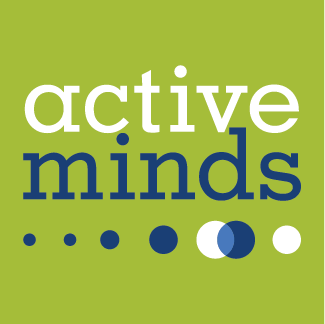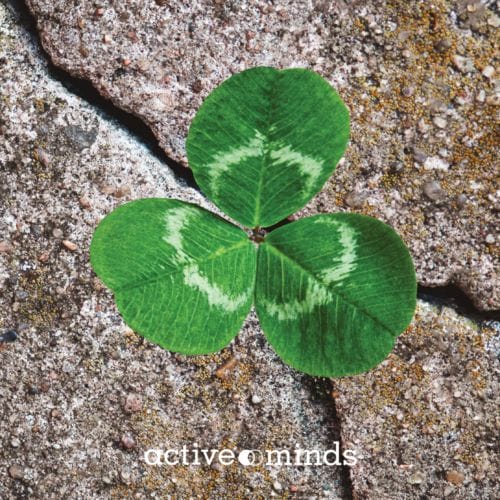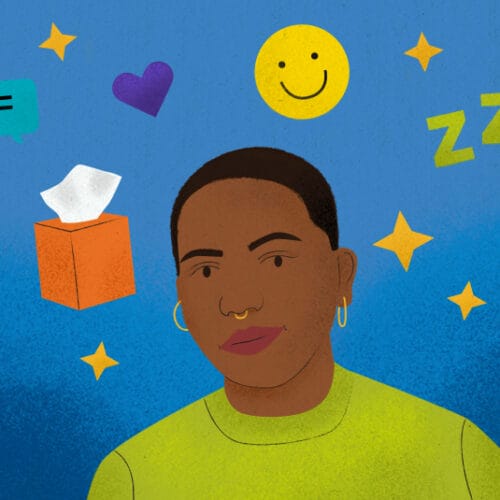“I’m so disappointed in myself” or “I wish I could’ve just done better,” are common things we say to ourselves after a period of perceived failure. Our feelings of sadness, anger, or even regret are completely valid at this time. It’s easy to get tunnel vision and only recognize the bad that comes out of failure, but it’s also important to empathize with yourself. For example, if your friend recently got a rejection letter from a school they really wanted to attend, you would be for them and remind them that this rejection letter has no reflection on them as a person. It’s important to give yourself this same treatment, and remember that rejection doesn’t mean that you’re lacking in any quality; only that there’s room for growth.
As a young adult, there are many instances of failure one may face. From graduate and job applications, taking exams, or even rejection from a friend or in a romantic relationship. There are a few pillars to embracing and moving forward from failure that I’d like to highlight.
Process
The first thing to consider when dealing with rejection is having empathy for yourself. Treat yourself how you would treat a friend during this time. When you first find out that you have been rejected from something or by someone, emotions are high. Your skin may feel warm and you might feel a knot in your stomach. Some suggestions of things that you can do to help you process these rushing emotions include writing down how you are feeling, recording a video of yourself talking out how you feel, taking a walk outside, drawing, calling a trusted friend or family member, taking a warm bath, eating a good meal, or watching your favorite movie. It’s important to take time for yourself first before moving on to the next stages.
Reflect
After you’ve taken some time to allow yourself to process the heavy emotions that come with failure, it could be a good idea to reflect on the situation. This could look like going over the questions you missed on an exam, emailing a school admissions office to ask for more details on the reasoning behind their rejection, having a serious conversation with a friend or family member, or even re-evaluating the kind of people you have in your circle of friends. No action necessarily needs to be taken at this stage, but it’s a good time to reflect.
Grow
After taking the time to process your emotions and reflect on what you’ve faced, it’s time to learn and take action. This could be something as simple as making a new study schedule, going to your professors’ office hours more consistently, or applying again the next application cycle equipped with the information that you know now. Failure sometimes can teach us more than not failing so it’s important to take this time to learn and grow.
If there’s anything you take away from this article, please remember to be kind to yourself and to take things one step at a time. You deserve empathy, too!
Your Voice is Your Power (YVYP) Resource Hub is a mental health resource hub designed for young people like you who are looking to begin or continue to grow in their journey as a mental health leader. YVYP Resource Hub is the go-to destination in the Active Minds network to guide you along the way.







